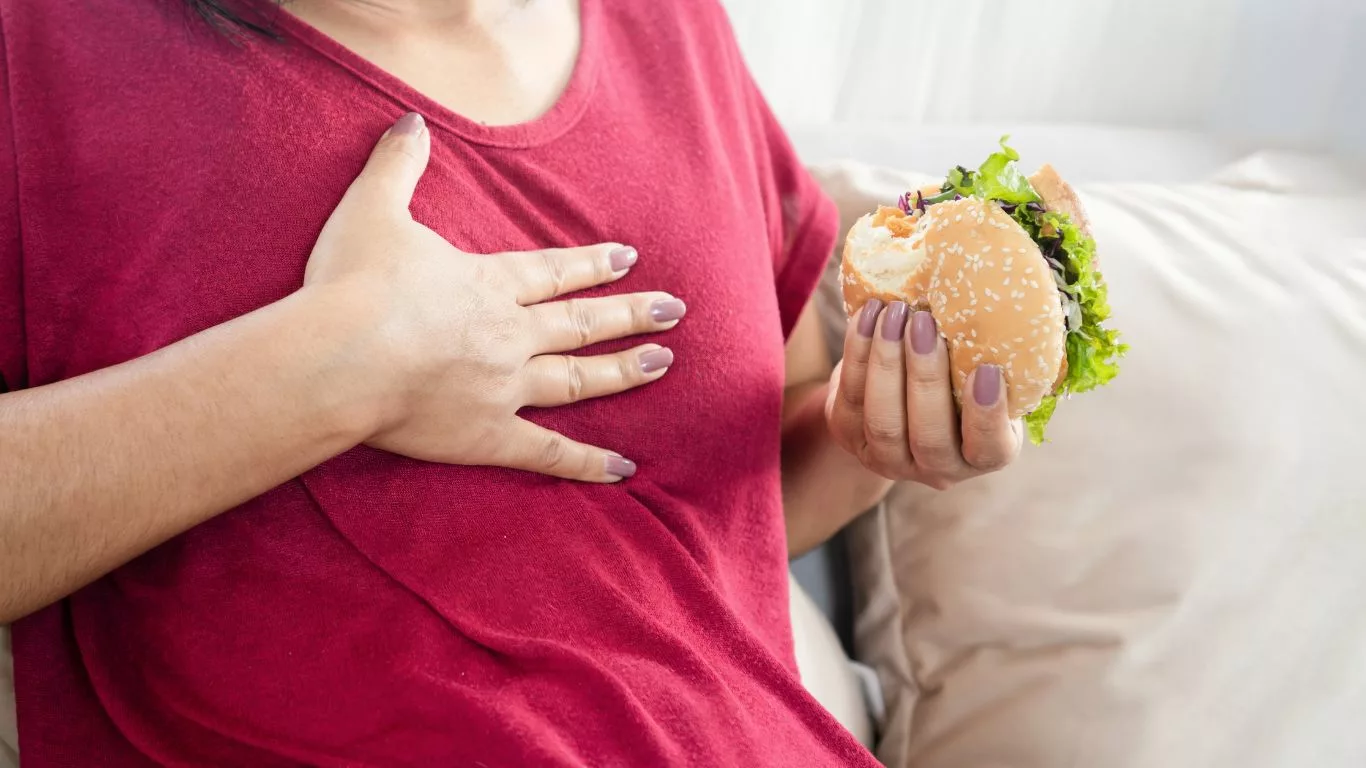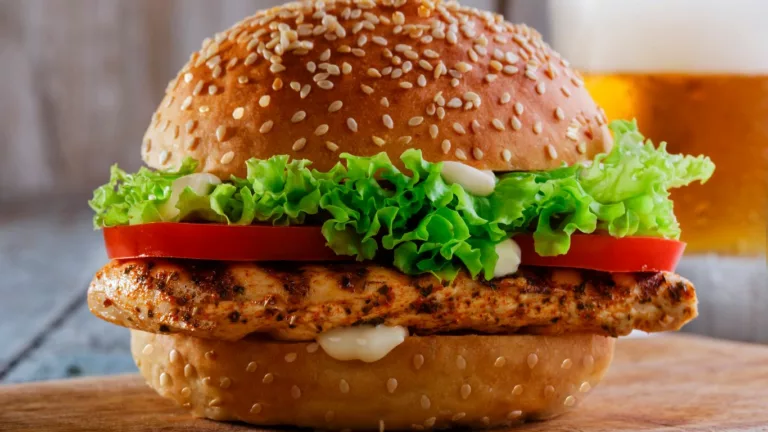How to Avoid GERD Triggers: A Practical Guide
Wondering how to keep GERD symptoms at bay? It’s all about avoiding the triggers that can cause heartburn and acid reflux. In this guide, we’ll walk you through what you need to avoid and offer tips for living more comfortably with GERD.
Gastroesophageal reflux disease (GERD) is more than just an occasional episode of heartburn. It’s a chronic condition where stomach acid frequently flows back into the esophagus, causing discomfort and potentially leading to more serious health issues. If you have GERD, the foods and drinks you consume can play a major role in your symptoms. By knowing which triggers to avoid, you can reduce the frequency of acid reflux and manage GERD more effectively.
What Are GERD Triggers?
GERD triggers are substances or actions that cause the stomach acid to flow back into the esophagus. These can vary from person to person, but some common culprits include certain foods, drinks, and lifestyle choices. Understanding what can trigger your GERD symptoms is key to avoiding painful flare-ups.

Top GERD Triggers to Avoid
1. Spicy Foods
Spicy foods are notorious for irritating the stomach lining and triggering acid reflux. They can cause your stomach to produce more acid, making heartburn more likely. If you love spice, try using milder seasonings like turmeric or cumin, which are gentler on the stomach.
2. Fatty and Fried Foods
Fried foods, as well as high-fat foods like burgers, fried chicken, and pizza, can relax the lower esophageal sphincter (LES). This is the muscle that prevents stomach acid from entering the esophagus. When the LES relaxes, acid reflux becomes more likely.
3. Citrus Fruits
Oranges, grapefruits, and lemons are all acidic, which means they can trigger reflux. While they’re packed with vitamin C, their acidity can irritate the esophagus, especially if you’re prone to GERD. If you crave citrus, try to limit consumption or substitute with milder fruits like apples or melons.

Drinks That Can Trigger GERD
1. Caffeinated Beverages
Coffee, soda, and other caffeinated drinks can irritate the stomach lining and increase acid production, leading to reflux. If you can’t give up your morning cup of coffee, consider switching to decaffeinated options. Green tea is another gentler alternative that provides antioxidants without the acid-triggering effects of caffeine.
2. Alcohol
Alcohol can relax the LES, making it easier for stomach acid to leak into the esophagus. It also increases stomach acid production, worsening symptoms of GERD. Wine, beer, and liquor are common triggers. If you want to have a drink, try to keep it moderate, and opt for non-alcoholic beverages when possible.
3. Carbonated Beverages
Sodas, sparkling waters, and other carbonated drinks can cause bloating and pressure in the stomach, which increases the likelihood of reflux. If you’re looking for something refreshing, stick to still water or herbal teas. These won’t put pressure on your stomach, and they’ll keep you hydrated.

Lifestyle Habits That Contribute to GERD
1. Overeating
Eating large meals can overwhelm your digestive system and cause acid to back up into your esophagus. Instead of three large meals, try eating smaller portions throughout the day. This can help prevent the stomach from becoming too full and reduce the risk of reflux.
2. Lying Down After Eating
It’s tempting to relax after a meal, but lying down too soon can trigger acid reflux. Gravity helps keep stomach acid in place, so it’s best to wait at least 2-3 hours after eating before lying down. This is especially important at night, as lying flat can exacerbate nighttime reflux.
3. Smoking
Smoking weakens the LES and can increase acid production, both of which contribute to GERD. If you smoke, quitting is one of the best things you can do for your digestive health. It may take time, but it will be worth it to reduce GERD symptoms and improve overall health.

Foods to Help Prevent GERD
While there are plenty of foods that can trigger GERD, there are also many that can help soothe symptoms. Here’s a quick list of GERD-friendly foods to add to your diet:
- Oatmeal: A whole grain that’s soft and filling, oatmeal is great for breakfast and won’t trigger acid reflux.
- Bananas: They’re naturally low in acid and can help coat the stomach, reducing irritation.
- Ginger: Known for its anti-inflammatory properties, ginger can help soothe the digestive tract and prevent nausea or reflux.
- Leafy Greens: Vegetables like spinach, kale, and lettuce are easy on the stomach and can help prevent heartburn.
Conclusion
Managing GERD doesn’t have to be difficult, but it does require some lifestyle changes. By avoiding common triggers like spicy foods, caffeine, and alcohol, and by making smarter food and drink choices, you can significantly reduce your symptoms. Remember, smaller meals, avoiding late-night eating, and giving up smoking can make a huge difference too. Start making these adjustments, and you’ll be on your way to feeling better in no time.

Bianca Nala is a compassionate Nurse Practitioner with a strong background in primary and respiratory care. As a health writer for Healthusias.com, she combines her clinical expertise with a talent for clear, relatable storytelling to help readers better understand their health. Bianca focuses on topics like asthma, COPD, chronic cough, and overall lung health, aiming to simplify complex medical topics without losing accuracy. Whether she’s treating patients or writing articles, Bianca is driven by a single goal: making quality healthcare knowledge accessible to everyone.







